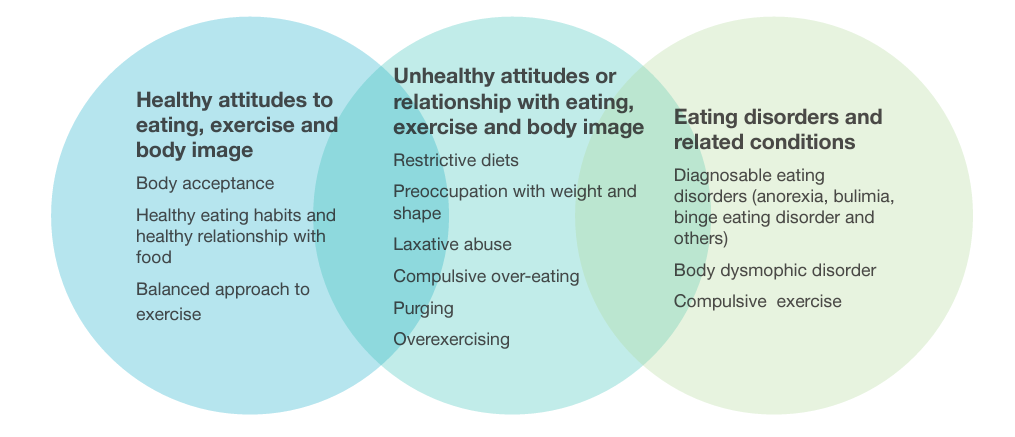It may take some time for you or someone you care about to feel ready for the next steps of seeking help. Often when people engage in disordered eating or eating disorder behaviours, they are trying to cope with a range of challenging feelings, beliefs or experiences. Admitting something is wrong can feel daunting, and there may be resistance to addressing some of the concerning behaviours.
Finding a safe, non-judgmental person to speak to can be a great first step. This may be a friend or family member, or a professional. EDV offers a range of exploratory help-seeking services for those at the beginning of the help seeking journey.
EDV Hub
The EDV Hub is usually your first port of call when contacting Eating Disorders Victoria. The Hub is a free and confidential service providing information and peer support for people experiencing eating disorders or those who are supporting them (family, friends, professionals etc.). We offer a safe place for you to seek information, openly discuss your experience with eating disorders and ask any questions you may have.
EDV Telehealth Counselling
EDV Telehealth Counselling is a free support service that is available to any Victorian who is concerned they may be experiencing or currently diagnosed with an eating disorder, as well as those caring for someone with an eating disorder.
Our qualified Counsellors offer an understanding and expert ear to talk to. Counsellors work to understand your unique situation and provide tailored information and support. Counselling sessions are free and are available for up to five, 30-minute sessions.
Other useful resources
The Reach Out and Recover (ROAR) website has a self-assessment tool that can produce a personalised report to take to the GP. ROAR will help you to see the extent and impact of any issues you are experiencing, and will provide help with the next steps to take towards recovery. It was developed with extensive input from lived experience of seeking help and clinical expertise.
Feed Your Instinct (FYI) is an interactive tool designed to help people who are concerned about a loved one’s eating and/or body image problems. The Feed Your Instinct Eating and Body Image Checklist outlines some behaviour changes you may have noticed in a loved one. Once the checklist is completed, FYI will generate a personalised report with a summary of the information you have provided and suggested strategies for you to implement.
Visiting a GP
An important step for anyone experiencing an symptoms of an eating disorder is to visit a trusted GP. GPs are able to diagnose eating disorders and refer people to appropriate options for treatment. For further information about visiting a GP, please read our comprehensive guide here.
